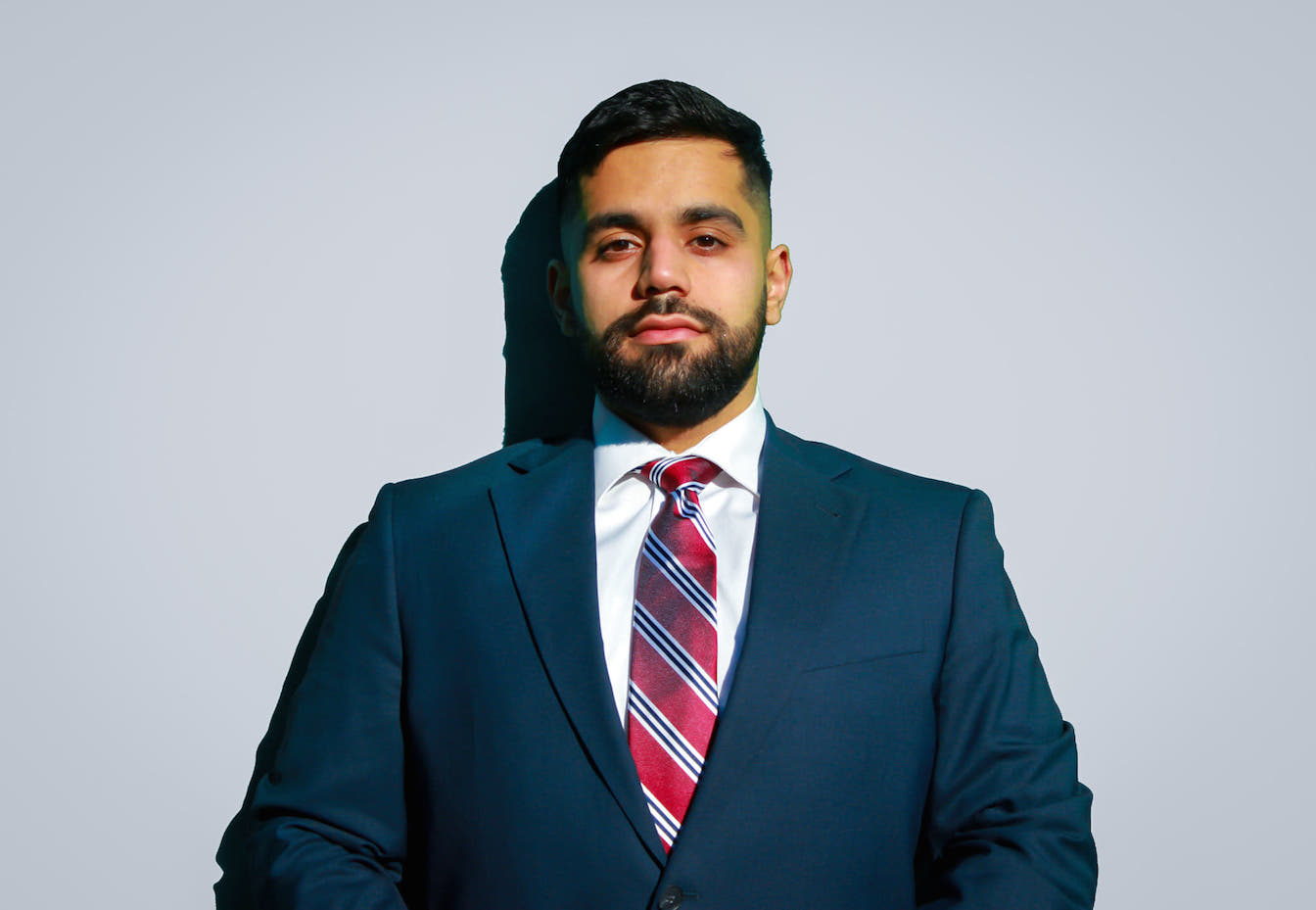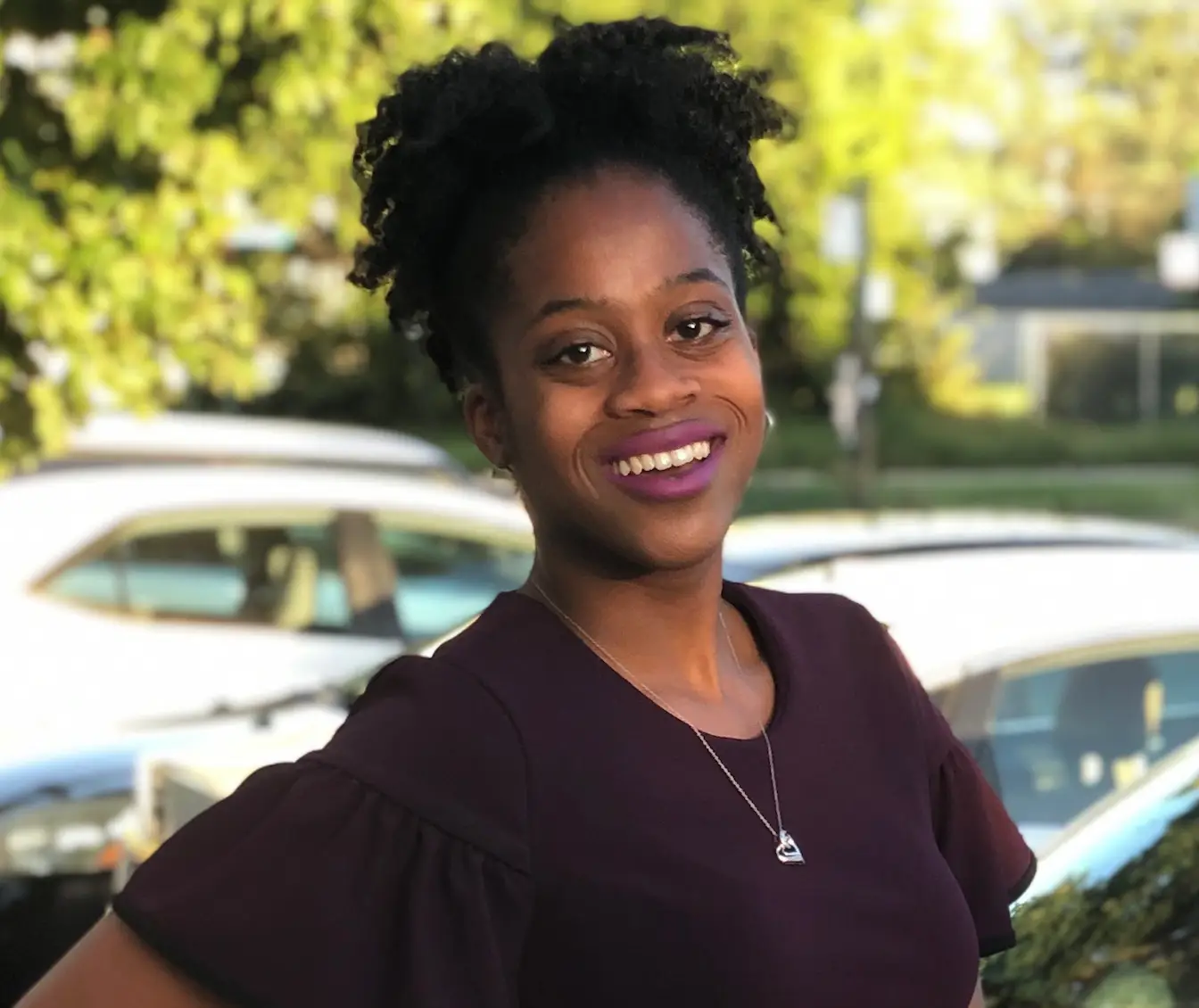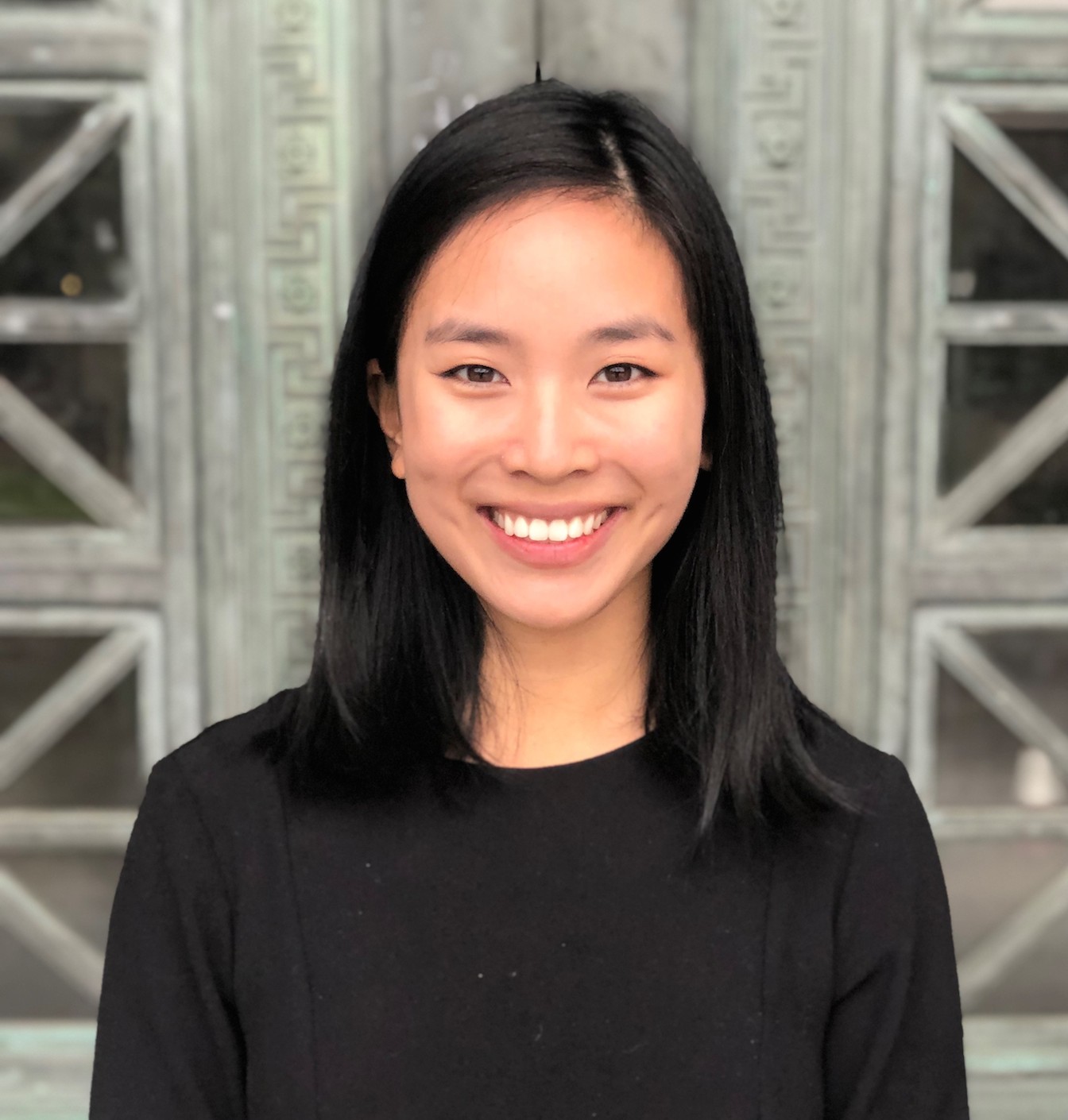Think big-picture.
That’s the over-arching lesson participants in Validity Finance’s Equal Access Fellowship have taken away from the summer program crafted for law students from backgrounds under-represented in the field today.
Introduced in 2019, the paid fellowship chose two students that year, scaled back to just one in 2020 as the Covid-19 pandemic shuttered large swaths of the U.S. economy and admitted two again in 2021. Each worked out of Validity’s New York office, earning $1,000 a week, and was given the option of spending half of the 10-week program with a pro bono public-service organization.
One of the only fellowships provided by a litigation funder to first-year law students, Validity’s program teaches participants how the growing litigation-finance industry helps level the playing field in commercial disputes while offering real-world experience interacting with law firms and helping review case-funding requests.
The experience “showed me not only how much you can do as a litigator, but also how much you can do to improve how legal services are delivered,” says 2021 Fellow Shao-Jia Chang.
A Harvard Law student, Chang grew up in a rural northern California town and worked as an aide to U.S. Rep Mike Thompson after obtaining her bachelor’s degree in psychology and legal studies from the University of California, Berkeley.
“Legal careers are long,” adds 2020 Fellow Amber Stewart, “and the Equal Access Fellowship Program taught me to think broadly about my legal career. There are myriad forms a legal career can take, and I shouldn’t limit myself when thinking of my future path.”
Validity CEO Ralph Sutton says the fellowship serves the firm’s core mission of broadening entrée to civil courts while simultaneously helping address inequities in a profession whose upper echelons are still dominated by white men. Both the pandemic shutdown of 2020 and the social justice protests that followed the death of a Black man being detained by Minneapolis police that spring underscored “a heightened need for young lawyers interested in expanding access to the civil justice system,” he says.
According to data collected by the Move the Needle Fund, a collaboration of law firms and the Diversity Lab to promote inclusiveness in the field, law school graduating classes are made up of about 50% women, 33% racial and ethnic minorities and 6% LGBTQ+ students, but the equity partnership ranks at large law firms consist of just 21% women, 9% racial and ethnic minorities and 2% LGBTQ+ people.
“After spending a summer at Validity, I have a better grasp of what lawyers can do to improve the efficiency and fairness of the legal system and how to start asking those questions even as law students,” Chang says.
Following are profiles of Chang and two other participants in Validity’s program. Keep reading to find out more about what they’re doing with what they learned.

Marlon Becerra
Education: Bachelor of arts, Hampshire College; Juris doctor candidate, Harvard Law.
Residence: Queens, New York
How did you become interested in litigation funding?
As a first-generation law student, I was unaware of the litigation funding industry. I first learned about litigation funding by seeing Validity Finance’s Equal Access Fellowship application on my school’s career services website. I was extremely interested in Validity’s mission to help increase access to justice by supporting meritorious legal claims.
How has the Equal Access Fellowship influenced your career goals?
The Equal Access Fellowship provided me with the opportunity to see different ways to promote greater access to justice. I learned how litigation funding can enable under-resourced plaintiffs to pursue their meritorious claims. I also learned about innovative efforts in Utah and Arizona to allow lawyers to fee-split with nonlawyers in hopes of reducing some of the costs of accessing legal services. As part of the fellowship, I volunteered with the Strategic Litigation Department in the Innocence Project; there, I had the opportunity to help impact their litigation efforts to prevent wrongful convictions. As I continue my legal career, I will always seek creative ways in which I can support more individuals to access justice through our legal processes.
How did the fellowship change your perceptions of the litigation funding industry and the U.S. legal system as a whole?
At first, I was skeptical about the industry’s model and Validity’s claim about how the industry helps increase access to justice. Then, I got to witness firsthand how the team at Validity worked intimately to support their clients, and I heard the clients attest to how the funding has enabled them to reach fairer settlements, to better protect their intellectual property, or to prepare a stronger case for trial. In a legal system where plaintiffs are often under-resourced and lawsuits are so expensive, litigation funding provides a unique solution to give smaller companies the opportunity to enforce their litigation claims.
What was your most unexpected takeaway from the experience?
While the first year of law school teaches us the basic doctrinal principles of law, little time is given to the practical considerations real clients are constantly weighing. In addition to the strength of their legal claim, clients have to take into account other aspects of a lawsuit such as the duration of litigation, the costs of expert witnesses, the venue of the lawsuit, and the public perception of the litigation. Understanding these factors is critical to advising clients on the best course of action to obtain their desired outcome.

Amber Stewart
Education: Bachelor of arts, Princeton University; Juris doctor candidate, University of Chicago Law
City: Chicago
How did you become interested in litigation funding?
I am a Doctoroff Business Leadership Program Candidate at my law school, and the program directors invited Katherine Wolanyck of Burford Capital for a dinner event. Hearing Ms. Wolanyck describe her work in litigation finance piqued my interest. When I saw Validity Finance’s job posting online for the Equal Access Fellowship and read about the firm’s litigation finance work and commitment to increasing access to justice, I immediately applied!
How has the Equal Access Fellowship influenced your career goals?
The program has been an immense influence. Working at Validity exposed me to a new sector of the legal industry that very few law students get to learn about before leaving law school. Programs like Validity’s Equal Access Fellowship are slowly changing that, and I hope more litigation funding companies follow suit. Particular to Validity, I cannot say enough about the incredible mentorship and career advice I’ve received from the whole team. Their advice was instrumental in my decision to apply for judicial clerkships, and I will be clerking next fall. Furthermore, working with the team helped hone my research and writing skills and my ability to think like a transactional lawyer.
What is your dream job at present and how might litigation funding play a role in it?
My dream job is one where I am continually challenged as a lawyer and a thinker, and litigation funding certainly does that. It blends together legal research and writing with business analytics in an interesting and sometimes complex way. Legal careers are long, and the Equal Access Fellowship Program taught me to think broadly about my legal career.
How did the fellowship change your perceptions of the litigation funding industry and the U.S. legal system as a whole? The Equal Access fellowship gave me a greater appreciation of how increasingly popular litigation funding is in both the domestic and international legal industries. I also began to consider how litigation funding can play a role in addressing the access-to-justice issue in the U.S. legal system.
What was your most unexpected takeaway from the experience? There are myriad forms a legal career can take, and I shouldn’t limit myself when thinking of my future path.

Shao-Jia Chang
Education: Bachelor’s degree in legal studies and psychology, University of California Berkeley; Juris doctor candidate, Harvard Law.
Hometown: Lakeport, Calif.
How did you become interested in litigation funding?
After a year of doctrinal courses delivered over Zoom, I wanted a summer internship that explored the practice of law and questioned assumptions that the legal profession makes. I was incredibly fortunate to stumble upon Validity on our career services page as I was unfamiliar with litigation funding. I was drawn to its talented people and its mission to improve access to justice. Simply going through the interview process, I knew I would learn so much from a summer with Validity and its attorneys.
How has the Equal Access Fellowship influenced your career goals?
Going into the summer, I knew I was interested in pursuing litigation after law school. The Equal Access Fellowship showed me not only how much you can do as a litigator, but also how much you can do to improve how legal services are delivered. Similar to Validity, I know in my career I want to continue to question the status quo and integrate equity in everything I do.
What is your dream job at present and how might litigation funding play a role in it?
If not in litigation funding, in my work, I want to tackle the difficult problems in law and improving access to justice.
How did the fellowship change your perceptions of the litigation funding industry and the U.S. legal system as a whole?
After the fellowship, I have a thorough understanding of the different models of litigation funding and how it fits within the legal system – which is unique amongst law students. Spending a summer at Validity, I have a better grasp of what lawyers can do to improve the efficiency and fairness of the legal system and how to start asking those questions even as law students.
What was your most unexpected takeaway from the experience?
Litigation funding is what you make of it. Everyone on the team has a vision of what they want to do with litigation funding – something they are most passionate about or an impact they want to make – and the team, together, decides which priorities to take on. This is not so much a surprise, but I was impressed by how even the other Fellow and I were integrated and involved from day one.

